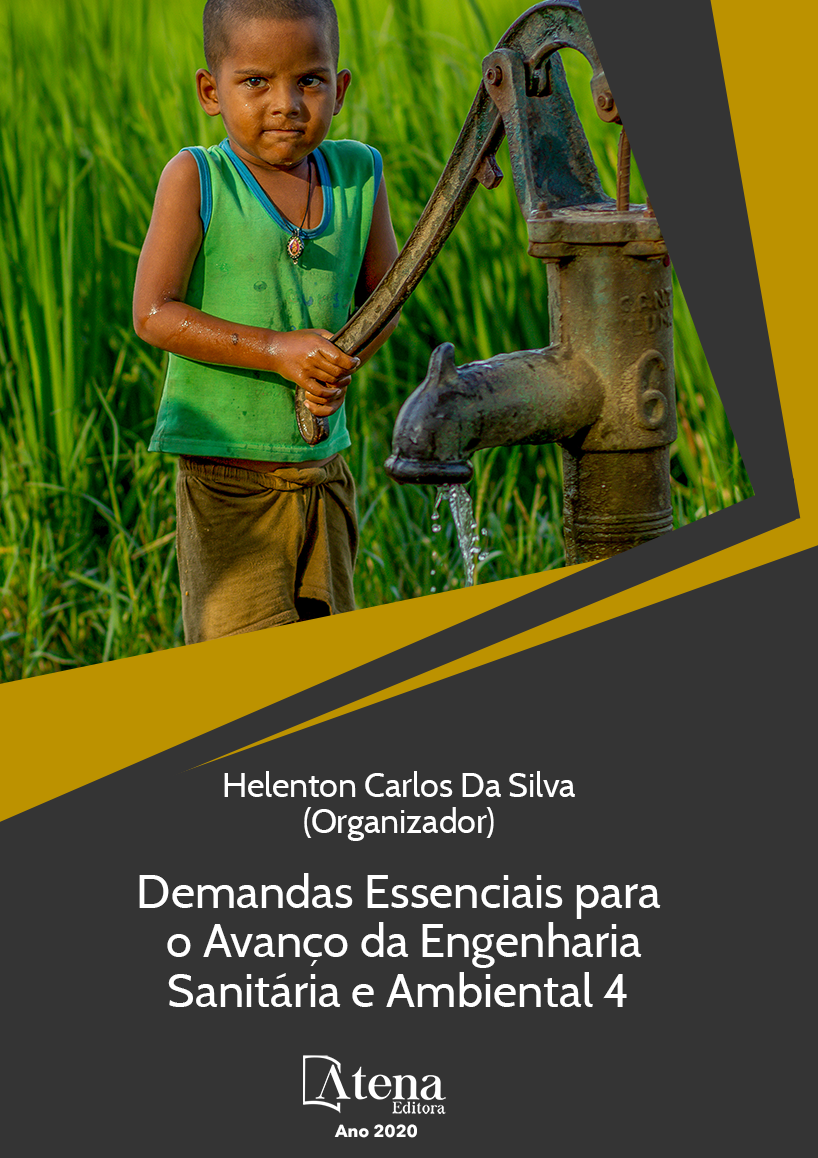
PERSPECTIVA DOS 20 ANOS DA LEI N°9.43397 PERCEPÇÕES DOS COMITÊS DE BACIA HIDROGRÁFICA E DOS ÓRGÃOS GESTORES DE RECURSOS HÍDRICOS ACERCA DO ENQUADRAMENTO DE CORPOS D’ÁGUA
A Lei nº 9.433/97 instituiu a Polítical
Nacional de Recursos Hídricos e previu seus
cinco instrumentos: os Planos de Recursos
Hídricos, o enquadramento dos corpos de água
em classes, segundo os usos preponderantes
da água, a outorga dos direitos de uso de
recursos hídricos, a cobrança pelo uso de
recursos hídricos, e o Sistema de Informações
sobre Recursos Hídricos. O enquadramento dos
corpos d’água é um importante instrumento desta
política, por servir de referência para os demais
instrumentos preconizados na Lei das Águas,
e para os instrumentos de gestão ambiental,
sendo um importante elo entre o Sistema
Nacional de Gerenciamento de Recursos
Hídricos – SINGRH e o Sistema Nacional de
Meio Ambiente – SISNAMA. Apesar disso, temse
poucos resultados desse instrumento no
Brasil. O presente trabalho objetivou avaliar a
percepção dos Comitês de Bacia Hidrográfica e
dos órgãos gestores de recursos hídricos, dois
importantes integrantes do Sistema Nacional de
Gerenciamento de Recursos Hídricos, quanto a
implementação deste intrumento. Constatouse
que o enquadramento de corpos d’água é
o instrumento menos priorizado por Comitês
de Bacia Hidrográfica e órgãos gestores de
recursos hídricos, sendo ainda muito pequena
a implementação deste instrumento. Dentre
os motivos para a morosidade, destacamse
entre os Comitês de Bacia Hidrográfica a
falta de prioridade deste instrumento dentro
do planejamento estadual dos recursos
hídricos e de recursos financeiros. Já dentre
os órgãos gestores, os principais problemas
são a falta de recursos financeiros e humanos
para a sua aplicação. Faz-se necessário um
melhor entendimento dos aspectos regionais
e aperfeiçoamento das legislações de forma
a possibilitar a implementação das políticas
de gestão de recursos hídricos em todas as
regiões do Brasil.
PERSPECTIVA DOS 20 ANOS DA LEI N°9.43397 PERCEPÇÕES DOS COMITÊS DE BACIA HIDROGRÁFICA E DOS ÓRGÃOS GESTORES DE RECURSOS HÍDRICOS ACERCA DO ENQUADRAMENTO DE CORPOS D’ÁGUA
-
DOI: 10.22533/at.ed.52320210117
-
Palavras-chave: Gestão de recursos hídricos – Política Nacional de Recursos Hídricos – Enquadramento dos corpos d’água
-
Keywords: Water resources management – National Water Resources Policy – Regulation of surface water
-
Abstract:
The National Water Resources Policy provides 5 instruments, of which
2 are planning instruments: the Water Resources Plans and the Regulation of surface
water based on Classes of Use. Although there have been legislation on the subject in
the country for more than 30 years, the regulation of water bodies is the instrument less
prioritized by River Basin Committees and water resources management bodies, and
the implementation of this instrument is still very small. The reasons for this situation
are mainly the priority of applying other management instruments to the detriment of
the framework of surface waters. The vast majority of the water resources management
bodies are focused on operationalizing the granting of water resources and on drawing
up the Water Resources Plans with the Committees. Among the Committees, most are
still investing in the elaboration and implementation of the Basin Plan, mostly financed
by the state, and in operating the collection for the use of water resources. Among the
reasons for the slowness, the River Basin Committees emphasize the lack of priority
of this instrument within the state planning of water resources and financial resources.
Among the managing bodies, the main problems are the lack of financial and human
resources for their implementation. There is a need for a better understanding of
regional aspects and improvement of legislation in order to enable the implementation
of water resources management policies in all regions of Brazil.
-
Número de páginas: 10
- Paulo Eduardo Aragon Marçal Ribeiro


